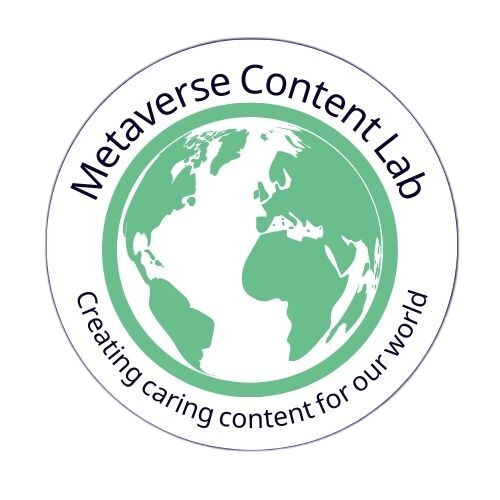Portfolio
The nature of our client work is often confidential, meaning that most of our content writing and copywriting projects can't be shared publicly.
Here you'll find a small taste of some of the work we have produced. If you'd like to learn more about the content niches we cover and what we can do for you, get in touch.

How To Avoid Toxic Positivity and Negativity In Our Everyday Lives
How To Avoid Toxic Positivity and Negativity In Our Everyday Lives

Lifestyle Collective, January 16, 2024
By Emma Di Salvo
Toxic positivity and toxic negativity may be familiar terms, yet we do not fully comprehend their meaning. Many of us will be guilty of self-destructive behaviour at some point in our lives, not to mention unwillingly allowing other people’s actions to be detrimental to our mental health.
But what exactly is toxic positivity/negativity? How do we recognise the signs, improve our mindsets or stop it from happening?
Toxic Positivity
How many times have you been told to “cheer up”, “think positive”, or “look on the bright side” by someone when you’re visibly unhappy? If this sounds familiar, you may have been a victim of toxic positivity.
Negative emotions are an essential part of the human experience. They let us know when something is wrong. We need to take time to understand where the negativity has come from and deal with it as healthily as possible. Ignoring problems, big or small, isn’t good for us.
Toxic positivity can be that little voice in our head that tells us, “It’s not the end of the world”, or that poster on our wall that dictates that only “good vibes” are allowed. When facing a challenge, this kind of self-talk and subliminal messaging can damage the healing process.
Take the statement “good vibes only”, for example. A popular and widely used message. But what does it actually mean? Does it mean that only positive emotions are to be celebrated? Or if you enter my house and see my “good vibes only” wall hanging, you better be constantly smiling?
Advertisement
Trying to be positive all the time is a lot of pressure and, quite frankly, exhausting. If we allow ourselves to be taken in by these messages, we might end up denying how we really feel and convincing ourselves that our problems don’t exist. Sticking our heads in the sand is not good.
We really shouldn’t feel guilty for not being happy all the time. We must admit to ourselves and others that our sad or negative feelings are valid, even if someone tries to undermine how we feel.
Toxic Negativity
Toxic negativity occurs when toxic positivity is tipped too far in the opposite direction. If a person constantly sees themselves as a victim and always expects the worst outcome out of life, then this isn’t a healthy state of mind either. In the same vein, people might treat us as a victim or be overly critical and end up making us think negatively about ourselves.
The danger of always thinking negatively is that you can subconsciously set yourself up for failure. Words of encouragement are different from toxic positivity. So instead of telling yourself to simply “cheer up” or “get over it”, try to look at your past successes and think, “if I did that, I can do this too.”
While it is preferable to maintain a positive dialogue with ourselves, we should also not be afraid to admit when we might be exaggerating a situation and actually making it worse. Perhaps a colleague made a comment that really irked you, and you just see red. If we take a step back and try to view it from the outside, we may just be able to get a more realistic perspective on the situation.
To help differentiate between a real problem and an issue that we have blown up in our heads, stepping away from the situation and finding a quiet space for self-reflection can really help. If, after this, we decide to take the matter further, we can do so in confidence and work towards a resolution rather than just moan that something is unfair. However, if the other party tries to dismiss it and/or laugh it off, they may live in the realm of toxic positivity.
Meet Me Halfway
There is, of course, a middle ground to all this, especially regarding our everyday run-ins with people at work or home. What we feel is very much our own interpretation, our perspective, so it is possible that what we perceive as being toxic might not have been intended that way. This is why time for reflection is often needed to gather our thoughts. Suppose the person didn’t mean to cause offence and maybe was genuinely trying to help. Then, we should consider being forgiving to our fellow humans! We all make mistakes, right?
Toxic positivity and negativity are something we do to ourselves, and others do to us. While we cannot control the actions of others, we can control how we deal with our emotions. Not always an easy thing to do. It’s about being kind to ourselves, admitting it when there’s a problem, and being honest with ourselves when there isn’t. It is vital to try to suss out when our thoughts and feelings are valid while forgiving others when they unintentionally hurt us. Only you can set a standard for yourself. So set the bar high.

Talk to us
Drop us a line if you have any questions or want to enquire about our content marketing & SEO content writing services! We'll be happy to chat and explore ways to help elevate your brand.
© Copyright 2023 Metaverse Content Lab

